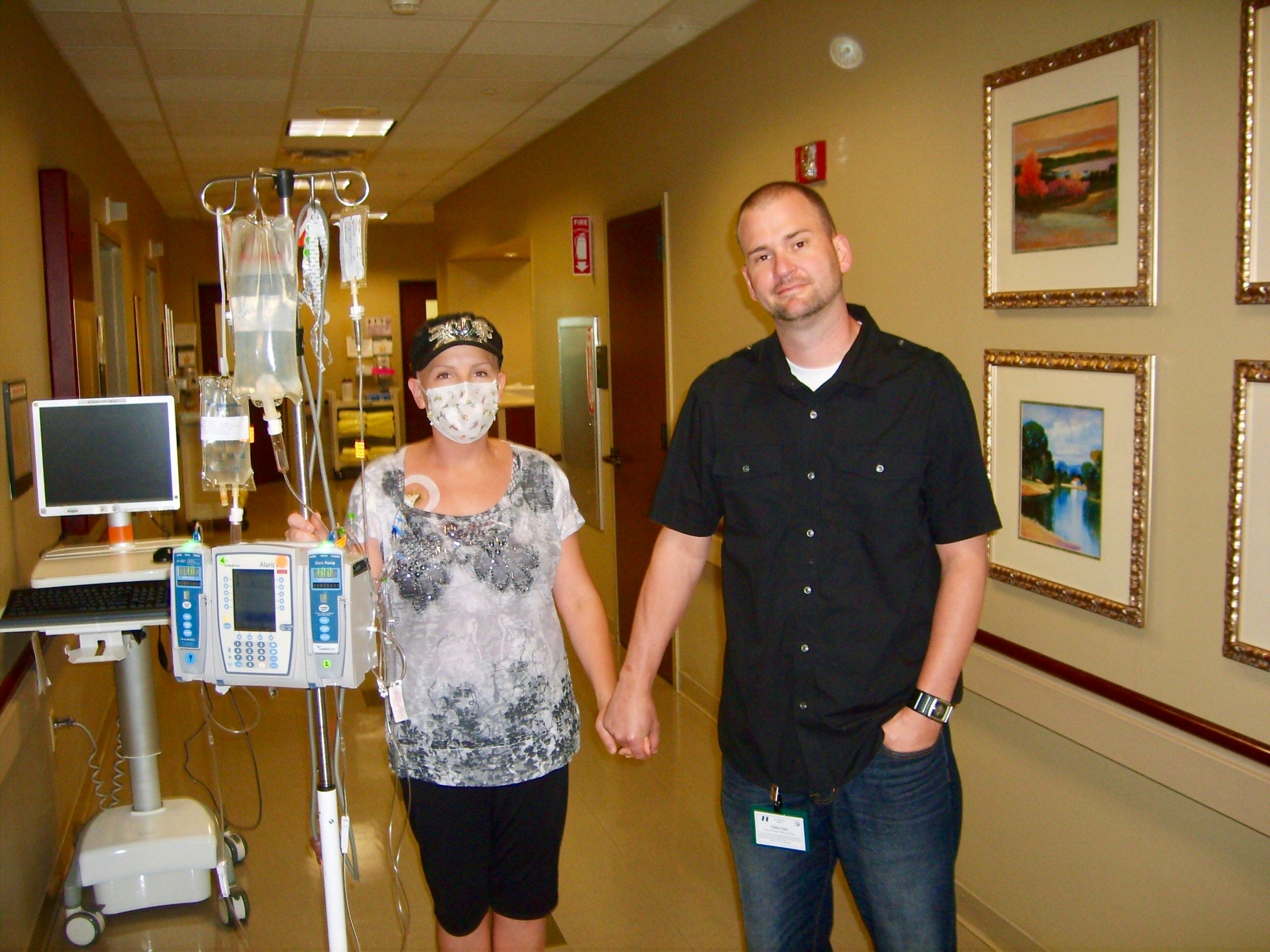Content

How To Be Emotionally Mature
Build the skills you didn’t get at home, without perfection, over-explaining, or people-pleasing.
Content
Calling Home focuses on a new topic every month. Join or log in to access all content and support groups.

Build the skills you didn’t get at home, without perfection, over-explaining, or people-pleasing.
Calling Home focuses on a new topic every month. Join or log in to access all content and support groups.

Illness doesn’t erase dysfunction; it complicates it. How to handle illness, disability, and end of life in a dysfunctional family.

Family is supposed to be close. Family members are supposed to love each other. Families are supposed to stay together. But what happens when they can’t?

A guide for adults in crisis who are estranged or have abusive family members.
When someone asks about your family and you’re estranged, it can be challenging to respond in a way that feels both honest and comfortable.
We talk a lot about what causes estrangement and how to navigate the process of becoming estranged, but what happens next?
Learn the differences in identifying and experiencing estrangement verses no contact.
Whitney Goodman, LMFT answers member questions about family estrangement.
If you are pregnant or becoming a parent, you may be wondering if you should share this news with your estranged family member.
Use these responses when people pressure you to forgive someone who is dead or estranged.
The holiday season has a way of amplifying the feelings you already experience around estrangement.
If you take the path of estrangement, you can maintain relationships with other people in the family, but this may require some creativity.
Many adults report feeling a sense of peace after estrangement, but the grief can remain.
This video explains why people choose estrangement and why it isn't a punishment.
A step-by-step guide to help you find the right therapist if you are navigating family estrangement
Deciding to be estranged from a family member is a significant and complex decision. This checklist guides you as you consider estrangement.
Here are five journal prompts designed to help process feelings around family estrangement:
How to tell your child, friend, or other family members about your decision to choose estrangement.
Some family members will blame your mental health as the only reason for the estrangement. It's usually more complicated.
Journal prompts to help you process and navigate your emotions when your family blames your mental health for estrangement.
Different examples of what to say or do when you run into an estranged family member.
These are the steps that we recommend you take before attempting to reconcile.
If a parent was an adult child’s biggest bully, should they be forced to care for them at the end of their life?
It can be difficult to determine which one is the right choice for you and your situation. This workbook will help you figure that out.
The right therapist won’t just help you “cope.” They’ll also help you clarify what kind of support feels safe and sustainable for you.
Whitney answers member questions.
When you decide to cut off a sibling, some people will likely support you, while others will have their own opinions.
How do you grieve the loss of someone who “should” be in your life?
This workbook will help you decide if sending this letter is the right choice, and if you decide it is, it will help you draft the message.
When a relationship is rocky, sometimes it seems like the only option is cut off, but boundaries may also be a viable option.
This book is for adults supporting a sick, disabled, or dying family, especially in the context of estrangement or dysfunction.
In some circumstances, you may not tell your family member you are choosing estrangement, and here's why.
It’s hard to tell when estrangement or repair with a sibling is the right choice.
A guide for adults in crisis who are estranged or have abusive family members.
These scripts will help adults who have an estranged or highly conflictual relationship with a manipulative parent who uses illness to guilt you.
If you’ve recently become estranged, here are some strategies to help you sit with missing them without reaching back out before you’re ready.
Use this resource when the fear of estrangement from your own children comes up.
A worksheet for recognizing grief in complex and estranged relationships.